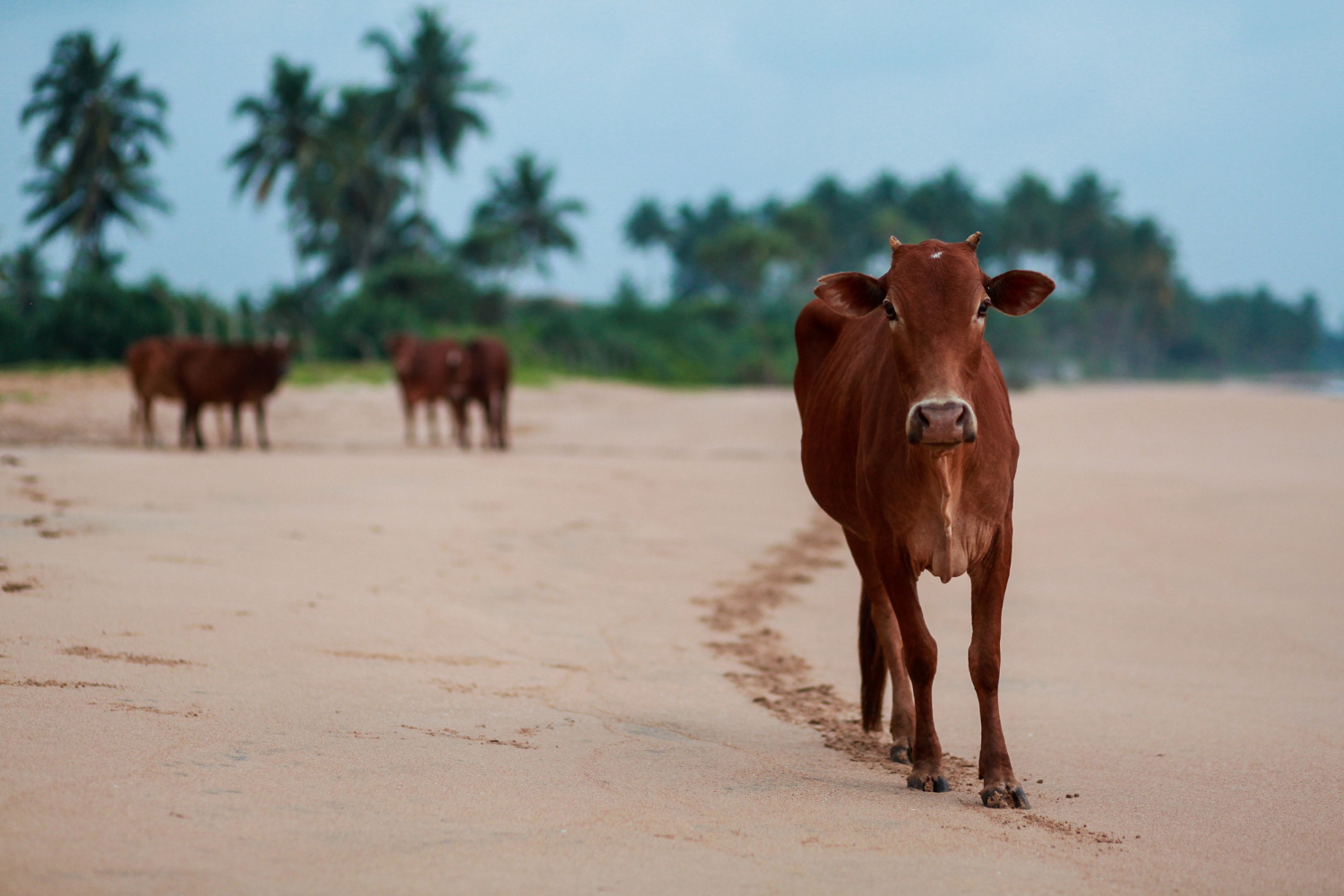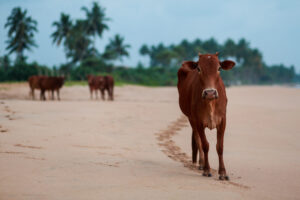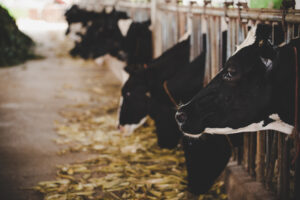
WHAT’S IN STORE FOR NIGERIAN AGRICULTURE WITH THE NEW MINISTRY OF LIVESTOCK DEVELOPMENT?

In a significant move aimed at resolving the ongoing conflicts between pastoralists and farmers, President Bola Tinubu has announced the establishment of the Federal Ministry of Livestock Development. This announcement came during the inauguration of the Presidential Committee on Livestock Reforms at the State House in Abuja.
Nigeria has long struggled with disputes between farmers and herders. President Tinubu is optimistic that the new ministry will bring an end to these conflicts. He expressed his confidence by stating, “Who says the solution is far? I say, ‘No, the solution is here.’ Majority of you have great experience and you want Nigeria to prosper.” He emphasized that the new ministry would turn adversity into an opportunity, promising a prosperous future for livestock farming in Nigeria.
The creation of this ministry represents the latest effort by the Nigerian government to address the protracted conflict over land, pasture, and water resources between herders and farmers. Previous attempts, including the controversial Rural Grazing Area (RUGA) initiative, have not succeeded in resolving these issues. The conflict has resulted in numerous casualties, with the most recent incident occurring in Plateau State last December, where dozens of lives were lost.

Following this approval, President Tinubu assured that the Federal Government is prepared to finance the acquisition of lands to facilitate peaceful coexistence between pastoralists and farmers. The committee on livestock reforms will be chaired by President Tinubu himself, with former INEC chairman Attahiru Jega serving as deputy chairman.
The violence is frequently perceived as an ethno-religious conflict between Muslim herders and predominantly Christian farmers. However, factors such as climate change and agricultural expansion also play significant roles. The December attack in the Mangu area of North-Central Nigeria, about 74km southeast of Jos, underscores the complexity of these disputes.
President Tinubu’s decision was influenced by pressure from herdsmen interest groups, notably the Miyetti Allah Cattle Breeders Association of Nigeria (MACBAN), which advocated for a separate ministry for their sector. Currently, livestock issues fall under the Technical and Service Departments of the Federal Ministry of Agriculture and Food Security. Tinubu highlighted that the new ministry would provide veterinary doctors with better access to research and cross-breeding opportunities, thereby reducing violence and enhancing livestock farming.
Diverse Opinions and Debates
The necessity of a new ministry has sparked debate. Olubusuyi Oshungboye, a food security advocate on LinkedIn, questioned the need for a separate ministry when the Ministry of Agriculture already exists. He proposed that a well-structured Department of Livestock within the existing ministry could effectively tackle current issues. Oshungboye also called for increased budget allocations and stricter monitoring systems to ensure proper fund implementation. Read his full view here https://www.linkedin.com/posts/olubisi-oshungboye-711938a3_govermentpolicy-economicgrowth-agriculture-activity-7217078693343424514-Z_XZ/?utm_source=share&utm_medium=member_ios
The Tekedia Institute has highlighted contrasting opinions on this development. Read more here https://www.tekedia.com/nigeria-establishes-ministry-of-livestock-development-contrasting-commitment-to-implement-oronsaye-report / .
Many question the rationale behind establishing the Ministry of Livestock Development when a Ministry of Agriculture and Food Security already exists, suggesting that resources could be better utilized within the current framework.
In conclusion, while the establishment of the Federal Ministry of Livestock Development aims to address long-standing conflicts and enhance livestock farming, it has also sparked a significant debate about the most effective approach to solving Nigeria’s agricultural challenges.



